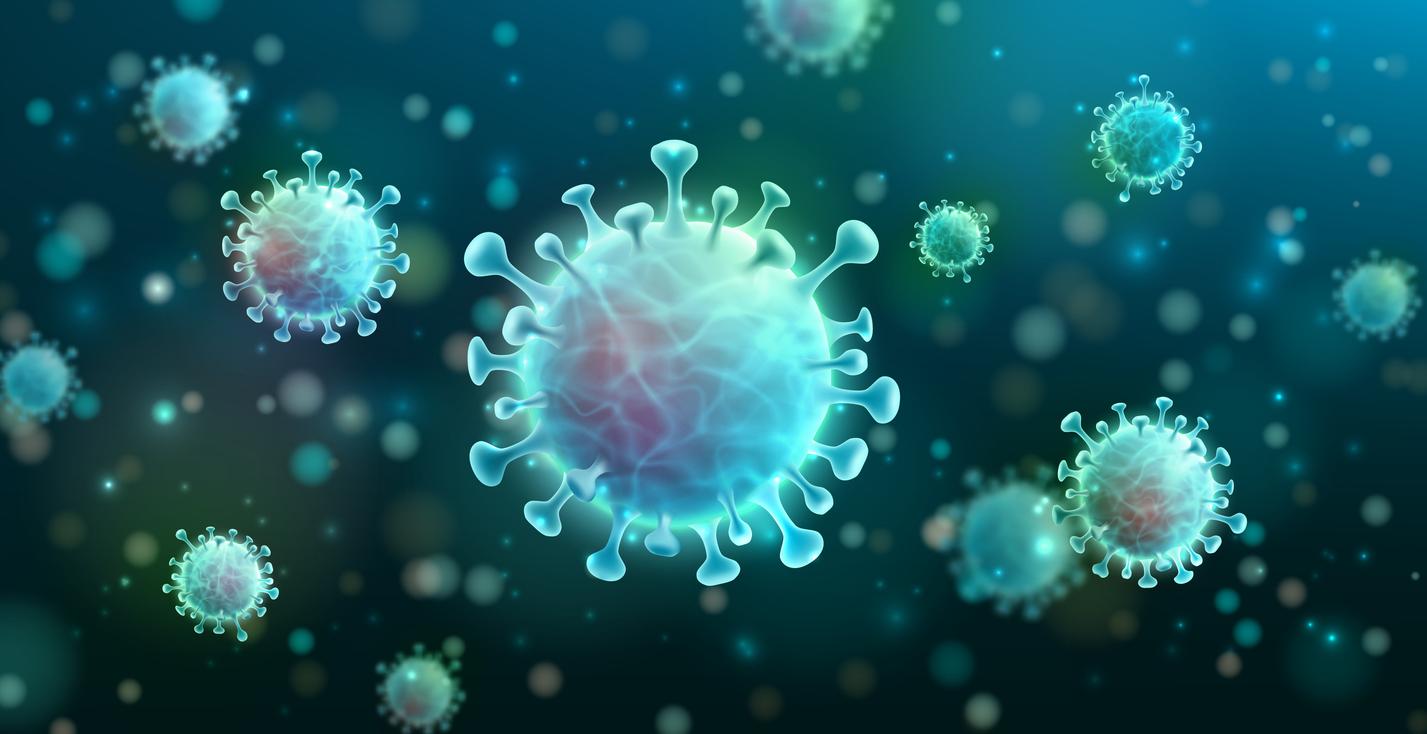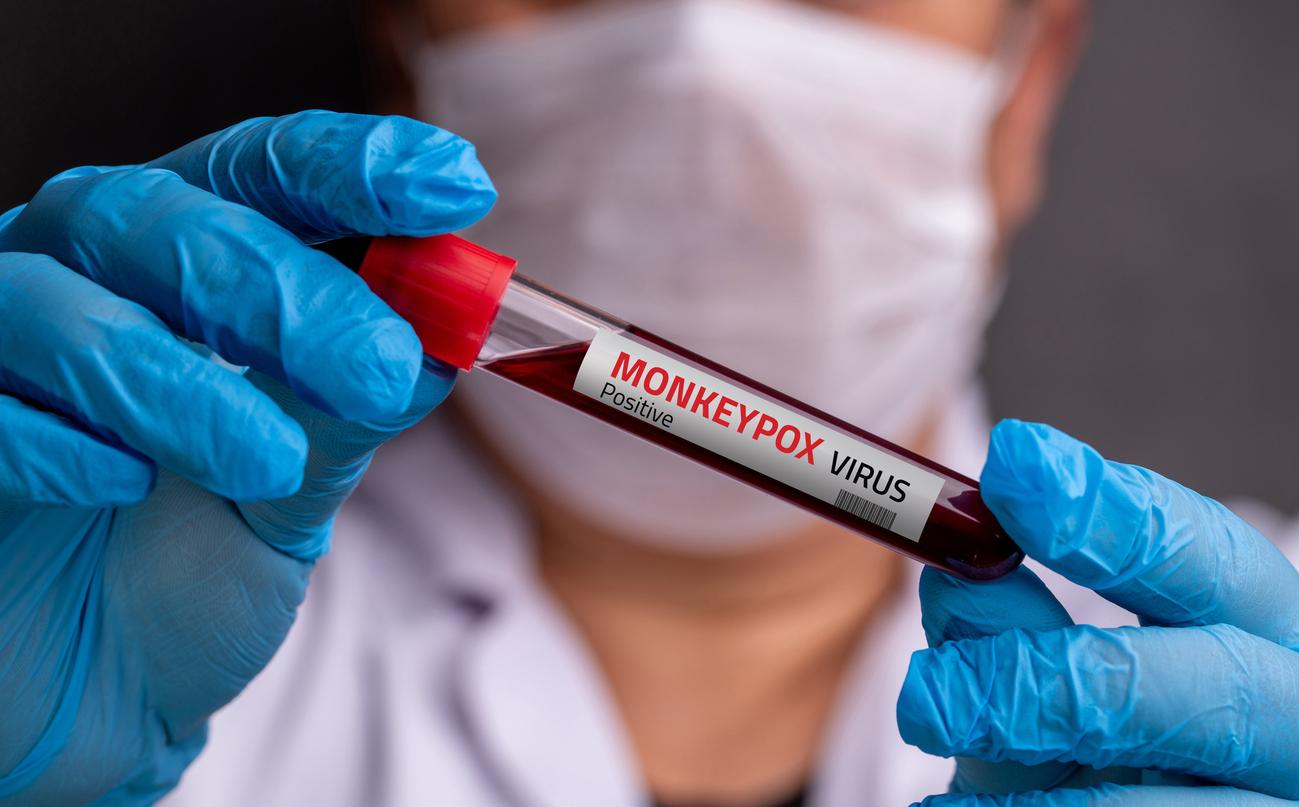
It was Chinese health officials who reported the death of a man in China. He had contracted herpes B, a virus that frequently infects monkeys.
A very rare infection in humans
A man of Chinese origin, and more precisely a 53-year-old veterinarian, was infected with the monkey B virus, also called ” Monkey B virus “. This animal caregiver would have performed a dissection on two primates last March before starting to feel the first clinical signs on May 27, 2021. He suffered from nausea, vomiting and fever, then he died. According to the Washington Post, this is the first human case to be documented. According to this newspaper, “ Blood and saliva samples were sent to the center in April, where researchers found evidence of the presence of the monkey B virus “. Regarding his close entourage, a nurse and a doctor, none has a positive result in the screening test.
Is herpes B transmissible from man to man?
This pathogen is very frequently found in monkeys, in particular macaques. Less dangerous for monkeys, this virus is fatal for humans because it creates inflammation in the brain, causing loss of consciousness. That’s what Kentaro Iwata told the Washington Post, who is an infectious disease specialist at the University of Kobe, Japan. If the patient is not treated medically, the mortality for this virus is about 80%. However, it is extremely rare for humans to be infected with herpes B from monkeys. Indeed, it was in 1932 that the first patient with monkey herpes was reported. Since that date, less than 100 contaminations have been reported. Transmission of this deadly virus from monkeys to humans therefore seems extremely rare. According to Nikolaus Osterrieder, another expert in Hong Kong, “ in the case of herpes B, the virus does not jump from human to human, whereas SARS-CoV-2, on the other hand, has acquired the ability to spread to a new host “. An epidemic of herpes B is therefore not to be feared. On the other hand, the Chinese health services explain that the Monkey B could “ represent a potential zoonotic threat to workers “. Also, the surveillance of laboratory monkeys and professionals in the scientific world must be reinforced.
















